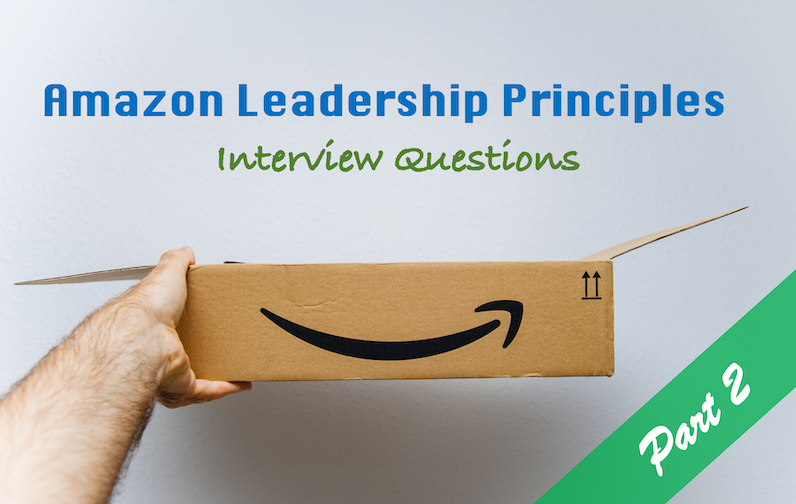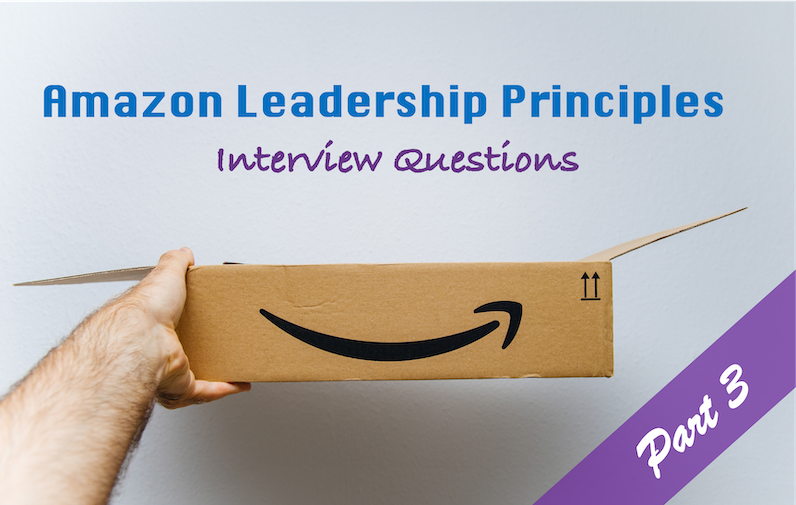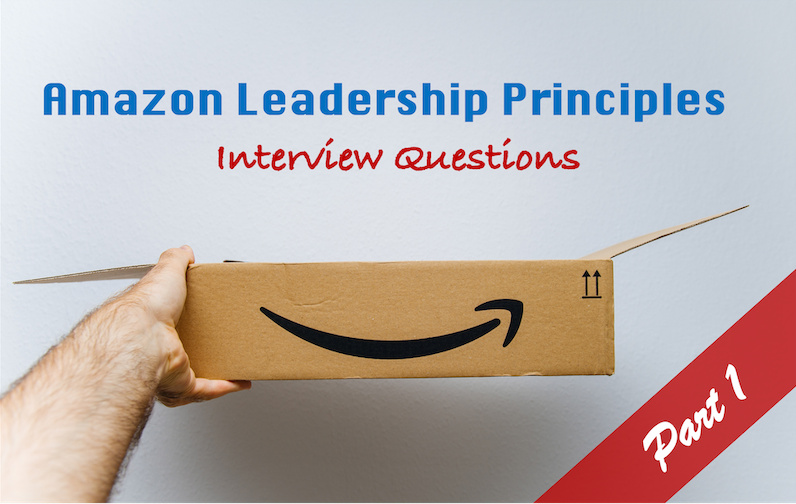In the software programming field, many job-seeking candidates often place a lot of emphasis on the technical side of interviews which showcase their skills. However, the behavioral portion is what tends to make or break an interview. Aside from project highlights and technical skills, interviewers also want to know how candidates perform when faced with non-technical challenges on the job. One aspect, in particular, is how they address conflict. Almost every project can experience conflict at any time between colleagues, managers, or customers. If you are preparing for an interview, this is one question you should know how to answer.
Why do interviewers care about conflict resolution?
No matter what position you work in, conflict can occur at any point in time, even if you are accustomed to smooth sailing on the job. Many different people come together to work on projects and everyone is bound to have differing views, ideas, and how to go about things. In the event of a conflict between colleagues, upper management, stakeholders, or other parties involved in the project, what is expected of you?
Interviewers are interested in candidates who have handled conflicts in the past in a professional manner. If a conflict arises and is not handled properly, it can affect work output, cause delays and other unpleasant issues that affect the overall project. Employers would feel more confident if they can hire someone who can help with swift resolution, work under unexpected circumstances and restore balance and productivity to ensure the project can run smoothly. Describing instances in which you took the role of peacekeeper or presented solutions to conflict with data and reasoning are qualities that are sought after.
How should conflicts be handled?
Some people are good at handling conflicts while others may require more practice. One way to become better at handling conflicts is to be aware of how your work environment operates. Here are some simple tips to note when working on a team:
- Get to know your colleagues and build good working relationships. You should know everyone’s role and abilities and how each person contributes to the team.
- Many conflicts can arise from poor communication or a lack thereof. Keeping communication open can help a great deal to avoid conflict or quickly resolve them.
- Practice being objective when a disagreement occurs and focus on what the issue is, how it can be resolved and what can be learned for future reference instead of acting on feelings of anger or resentment.
- Even if a conflict does not involve you personally, it still affects the team and workflow. Therefore, it is wise to be observant of your environment and notice any potential triggers or signs of conflict which can be addressed before it “blows up”.
Essentially, the more you know about your team and their roles and responsibilities the more equipped you can be when it comes to spotting conflicts or approaching team members to discuss issues in a professional manner. When you have built trust amongst your colleagues, addressing issues and being objective becomes easier and conflicts are resolved more favourably in a timely manner.
What to do when an interviewer asks how you handle conflict?
When faced with a question about conflict, an easy way to remember how to structure your answer is the STAR approach.
Situation: What was the conflict?
Task: What was your role in the situation?
Action: What did you do?
Result: What was the outcome?
During the behavioral interview, when recalling the incident, be concise and methodical. Explain the conflict and how it affected you and your team. Describe what your role in the team was and why you took the initiative to address the problem. Briefly give a recollection of what you did (called a meeting, had a discussion etc) and describe the outcome of your action and how it led to a positive resolution. If you don’t have specific workplace conflict stories, draw examples from your time at school or personal life where you were in a team environment. Always choose answers which highlight your peacekeeping and reasoning skills while remaining a key player in the team.
Conclusion
Even if you haven’t faced many conflicts in your workplace, recruiters still want to know how you handle conflict situations. No workplace is without conflict, and it is inevitable no matter how well you get along with your co-workers or management. Being prepared to face those situations is just as important as having prior experience with them. In another article, we will feature more in-depth tips and procedures on how to become better at handling conflict in the workplace.
Next Steps …
On TechMockInterview.com, professionals from FAANG and other top-tier companies provide various sessions to prepare you for your upcoming interviews. We recommend booking Behavioral Interview Mentorship sessions while preparing for your interviews and Behavioral Mock Interview sessions once you have your interview scheduled.







